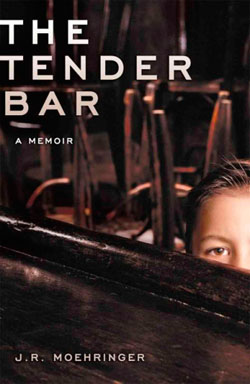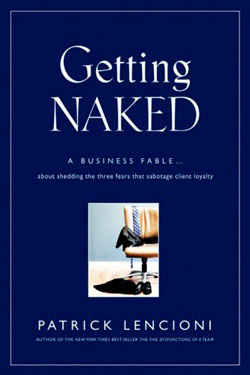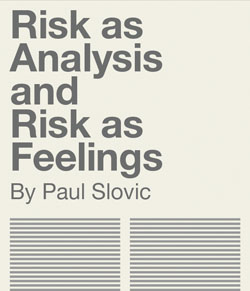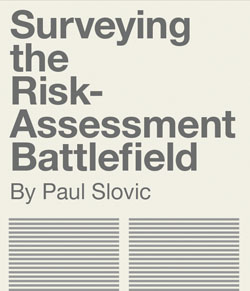Peter Lizotte at ACME Business Solutions and Roger Busse at Pacific Continental Bank share their favorite reads.
 Peter Lizotte | Principal, ACME Business Consulting
Peter Lizotte | Principal, ACME Business Consulting
“I love books and find myself ordering many that I find in the book review section of the Sunday New York Times. For fun, I gravitate toward humor and memoir-type books. I studied history in school and have always been interested in how people live now and historically. I tend to be very impatient with professional books and put down the vast majority that I pick up.”
 | The Tender Bar By J.R. Moehringer “This book falls on the reading-for-fun side of the equation. It profiles a boy who grows up fatherless in a very dysfunctional family. It goes from his childhood and search for ‘the Voice’ — his father was a deejay who deserted his family — through success at getting into an elite school and challenges with love — and alcohol — thereafter. Moehringer does a great job of painting the picture of himself as a lost boy who finds a variety of models of ‘community’ and ‘masculinity’ at the bar.” |
 | Getting Naked By Patrick Lencioni “This book was suggested to me by a good friend and former Arthur Andersen colleague about five years after we founded ACME. When we started the firm, we wanted to move from the heavy footprint — and ego) — of traditional consulting to something less invasive and collaborative. When I read the book, it completely validated the model we were building the firm around. This is a book about being vulnerable — or ‘naked’ — with clients and proposes that ‘it is ultimately our honesty, humility and selflessness that will endear us to them and allow them to trust and depend on us.’” |
 Roger Busse | COO, Pacific Continental Bank
Roger Busse | COO, Pacific Continental Bank
“My recent readings have focused on academic research in risk analysis. Making risk decisions is something we do at Pacific Continental every day. Understanding our own perceptions and biases of risk, as well as human response to risk situations, can break down barriers of communication between clients and bankers, allowing us to be more consultative. One of the reasons our bank weathered the recession was because we were committed to knowing our clients and the perilous risks we both faced.”
 | Risk as Analysis and Risk as Feelings “Some of the best research on the subject is found in the writings of Dr. Paul Slovic, president of Decision Research and a University of Oregon professor. This article demonstrates that while there are ‘analytical systems’ available for risk decisions, we mostly base our decisions on our ‘experiential system’: our intuitive risk response from our personal encounters and previous risk experiences. From the article’s executive summary: ‘Studies have demonstrated that analytic reasoning cannot be effective unless it is guided by emotion and affect. Rational decision making requires proper integration of both modes of thought.’”
|
 | Surveying the Risk-Assessment Battlefield “A second article by Dr. Slovic argues that danger and threats are certainly real and pervasive, but that assessment of risk is fluid and there is no real fixed measure of risk. Further, Dr. Slovic contends that risk assessment is a very subjective phenomenon and is greatly influenced by many factors from the concrete, like science and experience, to the more esoteric, like feelings, cultural norms and political beliefs.” |


 Peter Lizotte | Principal,
Peter Lizotte | Principal,  Roger Busse | COO,
Roger Busse | COO, 